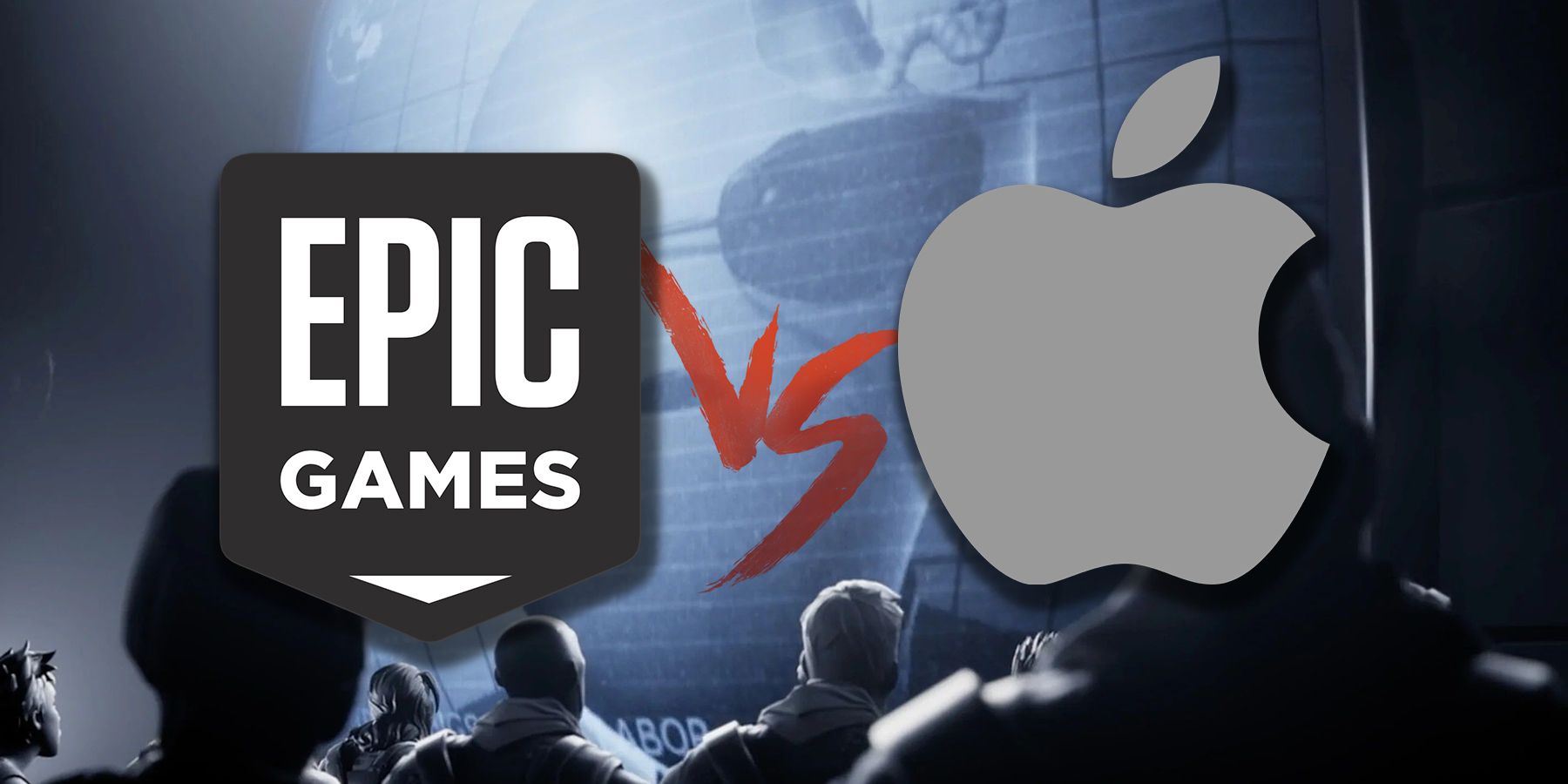In August 2020, Epic added payment options to Fortnite on Apple devices, thereby violating the rules set by Apple and resulting in the game being removed from the App Store. This seems to be what Epic was planning for, because the company immediately launched a federal antitrust lawsuit against Apple that seemed pre-prepared, given the speed with which it was filed. The court handed down its ruling in the Epic vs. Apple lawsuit on September 10, 2021, after many months of court testimony, during which interesting information came out about Epic’s finances.
The general consensus seems to be that Apple came out on top in the lawsuit. The company was found to be neither monopolistic nor guilty of violating antitrust laws, though Apple was engaging in anticompetitive conduct under California law. Epic, on the other hand, knowingly breached its contract and had to pay $12 million to Apple in lost in-app revenue. The court also issued an injunction stating that Apple can no longer prohibit developers from providing options for additional in-app payment methods in their games.
Epic immediately filed a notice to appeal the court’s decision, and it was expected that Apple would follow suit, which it did on October 8. Because both companies only filed notices that they intend to appeal, it’s still unclear what arguments will be made to support their cases. But in tandem with the notice to appeal, Apple filed a request that the court put a hold on the injunction that allows other payment methods to be provided in games on the App Store. The court will make a decision on this request in November.
In September, Apple was given 90 days to implement the changes required by the injunction. In the request filed on October 8, Apple stated that it plans to follow the court’s order, but that doing so is a complex endeavor that requires additional time. If forced to make such wide-sweeping changes without sufficient planning and preparation, Apple would be “irreparably harmed” because its business model would be disrupted. According to Apple's court filing, postponing the enforcement of the injunction until after the appeals are decided would give Apple the necessary time to thoroughly plan for the “rapidly evolving legal, technological, economic issues” that could arise from these changes.
Additionally, Apple’s interpretation of the injunction requirements differs from Epic’s interpretation. Apple believes that the injunction only requires that it allow developers to provide links to their websites, while Epic feels the injunction permits developers to directly provide other payment methods in their games, despite the court having decided that Epic doing that exact thing was a breach of contract. Other developers already seem to be following Epic’s interpretation by announcing their intentions to offer alternative payment methods within their iOS apps, and this “threatens Apple’s ability to operate its platform.”


